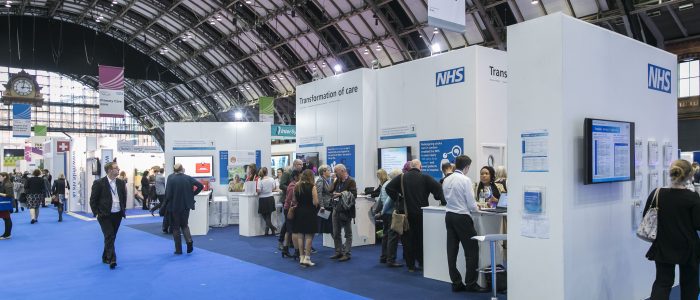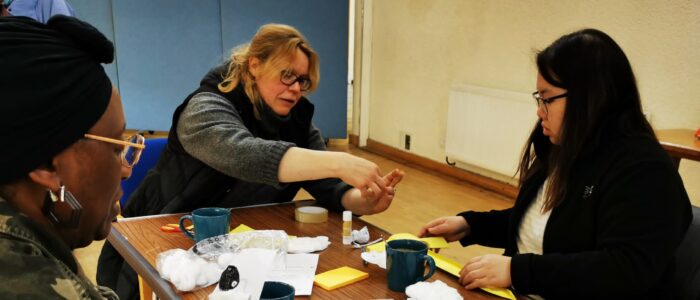Updates about faith and health

If I didn’t start by saying it’s a time of change in the health and care landscape, you would probably wonder what on earth was wrong. So I won’t disappoint you – although it’s fair to say that there has been more upheaval recently than usual, with the recent departure of Jeremy Hunt as Health Secretary.
In his first interview since Matt Hancock took over the job, NHS England chief executive Simon Stevens has set out five major priorities for the 10 year NHS plan that are due to be unveiled this autumn. These are:
- Mental health – especially services for children and young people
- Cancer – overhauling screening services
- Cardiovascular disease – i.e. stroke and heart attacks
- Children’s services – and prevention and inequality as they affect children
- Reducing health inequalities – e.g. addressing the fact that some groups like people with learning disabilities and homeless people have lower life expectancy
On cancer screening, Simon Stevens said the NHS needed to be “much more explicit about the race and socioeconomic and gender and cultural barriers that exist to early [cancer] diagnosis”.
What does this have to do with faith groups? Well, we know (based on evidence from the US) that faith groups can be effective in overcoming some of those cultural barriers and encouraging people to attend cancer screening – you can read more in our report, The Impact of Faith-Based Organisations on Public Health and Social Capital.
That’s because people tend to trust their faith communities and leaders, so if they receive the message through that community that attending these appointments is important, some will take it on board in a way they might not otherwise.
The charity brap is undertaking a project on behalf of NHS England to better understand the experience of cancer patients from ethnic minority backgrounds, in order to help the NHS improve the way it approaches care in the future. They would like to hear from ethnic minority patients and carers who wish to share their experiences of their cancer journey – so if you know if anyone who could contribute, you can find out more here.
These are just a couple of example of how faith groups can play a real and effective role in helping people stay healthier. I was really happy to see that role this is being recognised by Manchester City Council, which has published a paper on Faith and Health as part of its Joint Strategic Needs Assessment. This is a great summary of recent evidence on how faith can make a difference to health – I recommend a read.
Our Faith and Health Award was all about finding more examples of great practice – you can read some of the case studies by scrolling down the award page. And you might have others – we would love to hear about them, so do contact me at [email protected] or 020 8597 2900 if you would like us to share what you are doing.
Finally, I want to highlight two major events coming up: the NHS Expo and the Public Health England (PHE) annual conference.
The NHS Expo is the biggest NHS-led event in the calendar, taking place in Manchester on 5 and 6 September. FaithAction will be there as part of the VCSE Health and Wellbeing Alliance to promote the role of the voluntary, community and social enterprise (VCSE) sector in health and care. The Alliance is running two seminars in the ‘Pop-up University’, looking at how the VCSE sector supports resilience, and how the mental health workforce can help people address the practical problems in their lives.
If you’d like to attend, we can give you access to free tickets – contact me to obtain the booking code.
The PHE conference will be happening at the University of Warwick on 11-12 September, with a pre-conference workshop on the power of the VCSE sector on 10 September. Again, we’ll be there as part of the Health and Wellbeing Alliance, so if you plan to be there, come and say hello!


